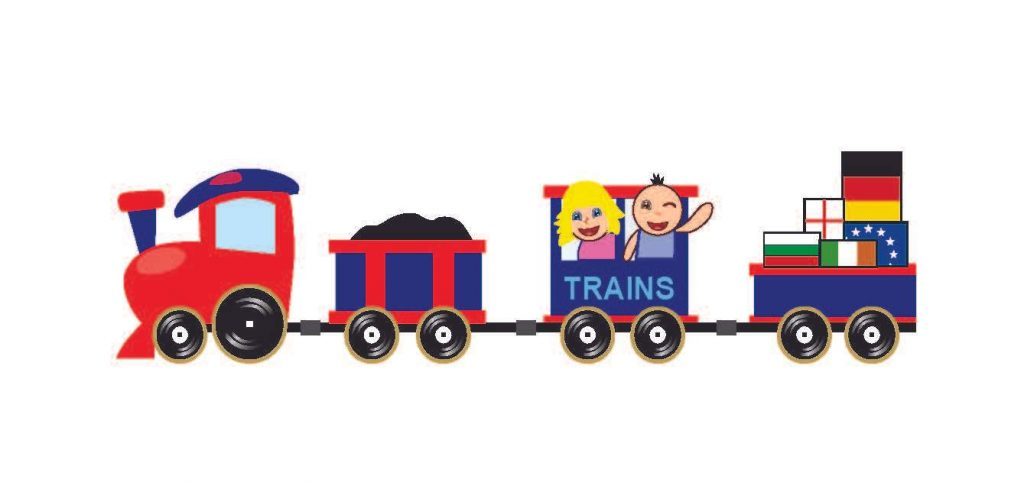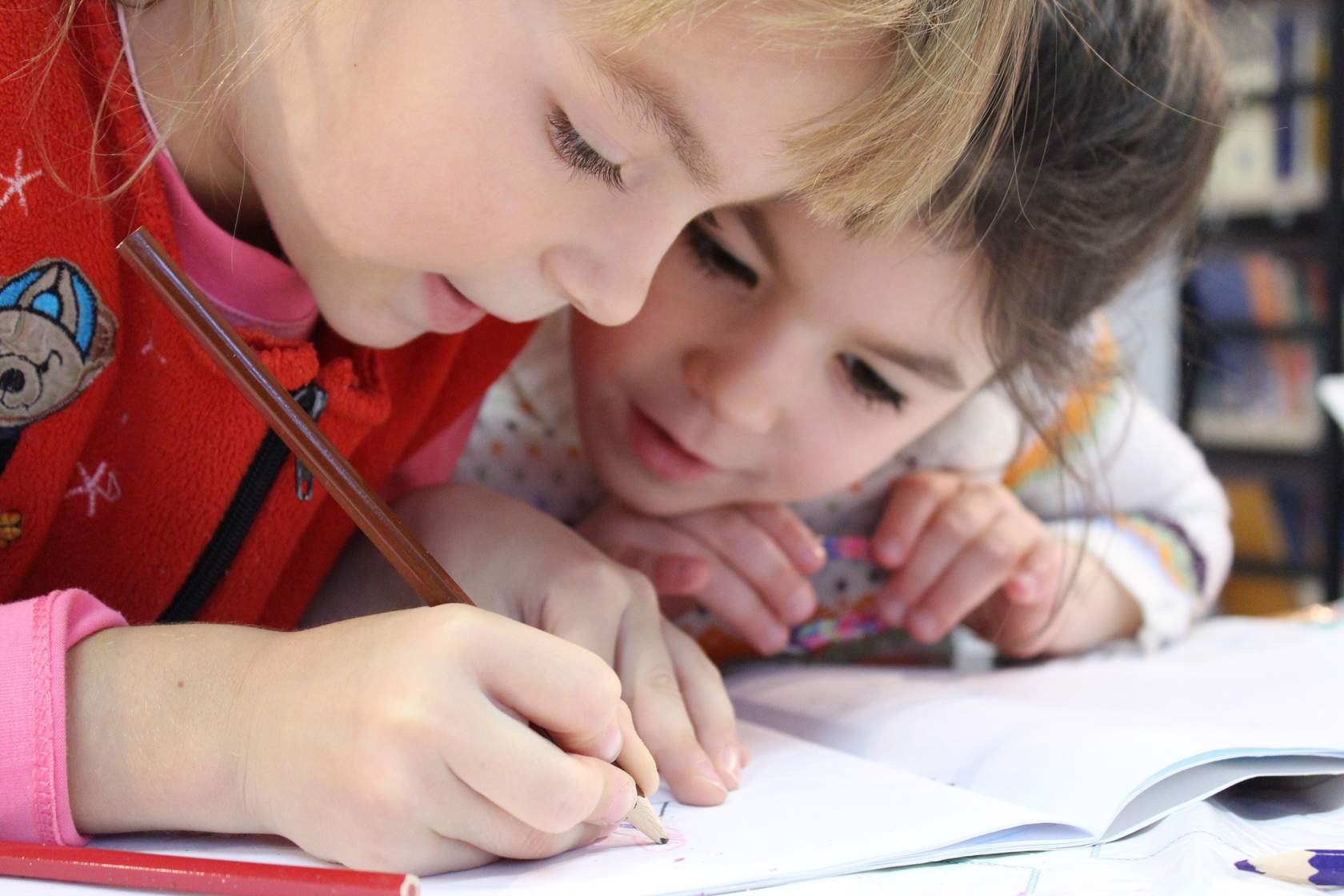TRAINS
Transitions for All into School
Overview and Objectives
School starting ages vary across Europe. The experience of transition to school can be very supportive for children and their families, setting them up for future academic and social success. However, it can be a difficult experience for some children, particularly those with Special Educational Needs and/or Disabilities (SEND), those who have already experienced multiple Adverse Childhood Experiences, or those from hard-to-reach communities such as migrant, refugee and Roma and Sinta groups. This project aimed to synthesise and develop best practice around transitions to school for dissemination across partner countries to support positive outcomes for all groups of children. Whilst acknowledging individual regional contexts and investigating best practice in the partners’ regions, the project aimed to find solutions through collaborative transnational knowledge exchange. The project addressed the horizontal priority of supporting educators, and the school education priorities of tackling disadvantage and increasing access to high quality early child education and care.
The project objectives were:
- To reach an understanding of good practice across partner countries in supporting transition to school for children and their families
- To share best practice strategies and policy ideas across Europe
- To support children and families in the transition to compulsory schooling to promote inclusion and positive outcomes.
Activities/Outputs
This project focused on supporting educators: we worked collaboratively with early years educators and primary school teachers to link education practices with research and innovation through the planned knowledge exchange on transitions practices in the partner countries. These professionals worked with us in developing and evaluating individual learning units: learning and professional development resources for the teaching profession. These will enable professionals to engage more effectively and support learners from disadvantaged and diverse cultural and linguistic backgrounds. The project aimed to tackle school disadvantage by strengthening collaboration amongst early years professionals at different stages of the educational system through workshops and learning units. These training opportunities and best practice guidelines at the regional and transnational level were created to improve transition into formal compulsory schooling and support relationships between schools, early years settings and families.
The project had four main outputs:
- Suite of Transitions training materials: The project aimed to develop, implement and evaluate teaching materials to support practitioners working within early years settings across Europe to promote inclusion within their educational context.
- Transnational Guide for Practitioners: The Transnational Guides for Practitioners raised awareness of the challenges posed by transitions to school from early years provision for some young children. The Guides also shared good practice amongst the professionals who develop work with young children in early children care facilities and schools.
- Parents’ Guide to Transitions: The Transnational Guide for Parents raised awareness of the challenges posed by transitions to school from early years provision for some young children. The Guide explained what to look for in the transition experience, how parents can support children, and what they should be looking for or asking about when their child is within the transition phase to school.
- E-learning Platform: To ensure access to the learning (i.e. transition guidelines) emerging from the project, an e-learning platform was developed. This e-learning platform included training materials relating to educators’ guidelines for transition (in the form of learning units) and was translated (by partners) into the native language of the partner countries. The learning platform enabled, amongst key stakeholders, self-enrolment and self-guided learning and was created for the purposes of broadening awareness, and increasing the dissemination and impact, of the key project outputs – particularly the transition guidelines recommended for educators.
Impact
The project aimed to have an impact in terms of improved social, cognitive and physical outcomes for children and families in the longer term, delivered by means of improved transition experiences into school. The project raised awareness of the importance of transitions and best practice to ensure smooth and successful transitions for all children, whatever their background or need. The open access training materials created as part of the project enabled training to be more readily available and cheaper for schools and other organisations. Therefore, it is possible to make the resources available to a wider range of staff levels, especially for those for whom training is often not provided (e.g. Teaching Assistants, Early Years practitioners). The knowledge exchange appreciative inquiry framework encouraged partnerships between participating schools, families, other professionals working with young children and the higher education institutions and SMEs involved.
Partners
Project TRAINS was carried out by ICEP Europe in conjunction with Leeds Beckett University, National Association of Professionals Working with Disabled People and Berlin Senate Department for Education, Youth and Families, Germany.
Funding
This project was funded under the Erasmus+ Strategic Partnership Initiative.


-
Project Duration
2019-2022
-
Email for Project Contact
Aleksandra Szproch (Senior Research Officer, ICEP Europe)
[email protected]
-
Project Website:





